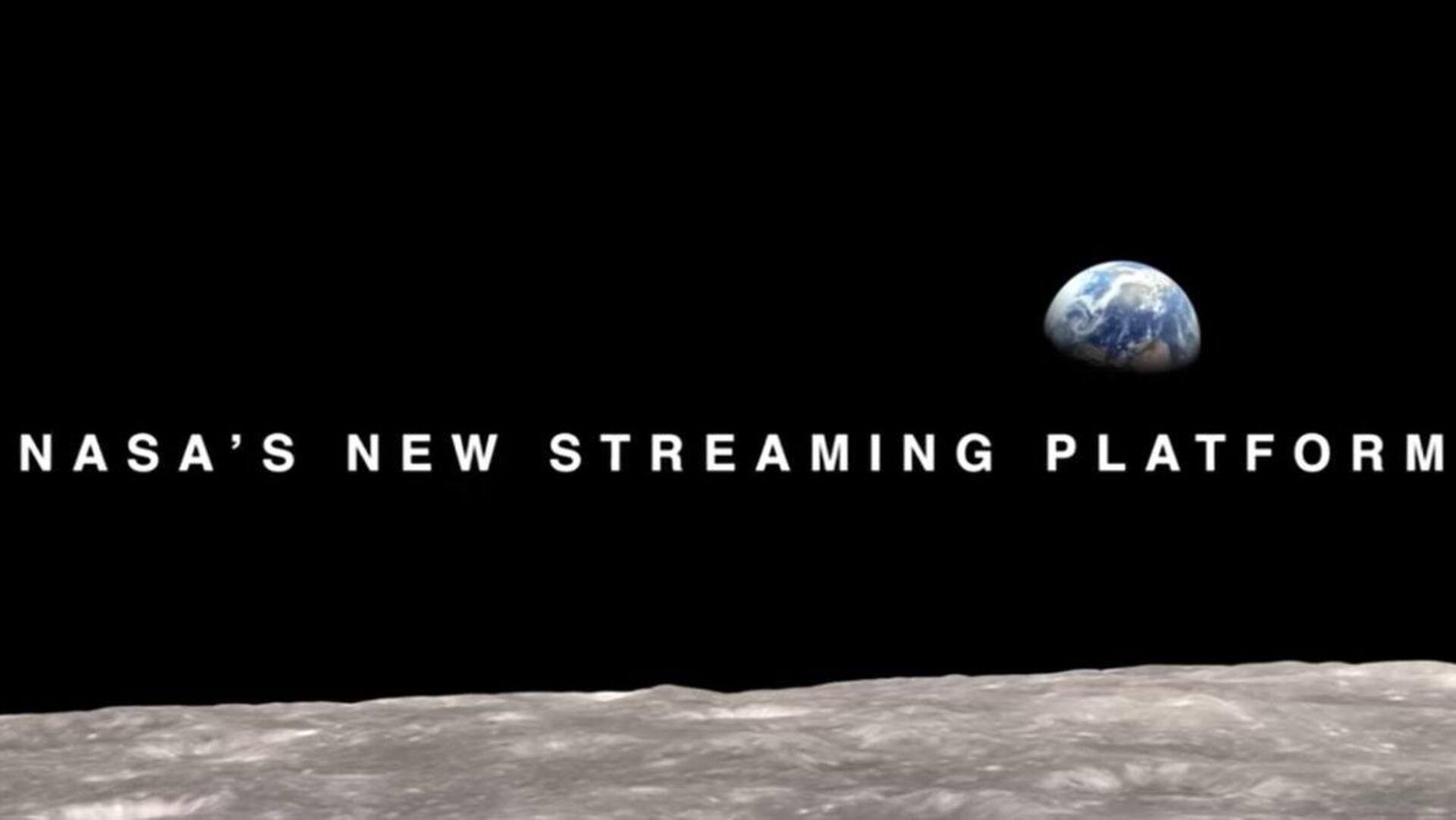
NASA's streaming service launches this week: Check what it'll offer
What's the story
NASA is launching a new streaming channel, NASA+, on November 8. The ad-free channel will be free to access and is part of the space agency's efforts to revamp its website and app. It will stream Emmy Award-winning live broadcasts and exclusive video series centered around its space missions. A trailer for NASA+ was recently released, featuring some of the new series that will be available on the platform. Let's take a look.
JWST
Other Worlds: Tracking the powerful James Webb Space Telescope
Among the new shows coming to NASA+ is Other Worlds, which will provide updates on the James Webb Space Telescope (JWST), currently the world's most powerful space observatory. Webb, which launched in December 2021, is designed to uncover more about the history of the universe and help identify Earth-like exoplanets. The series will feature scientists reacting to new information that arrives from the powerful space telescope.
Insights
NASA Explorers: Delving into the asteroid sample return mission, OSIRIS-REx
NASA Explorers will follow the OSIRIS-REx mission, which recently returned to Earth, bringing back samples from a 4.5 billion year asteroid, called Bennu. It was NASA's first-ever asteroid sample return mission. The show could give us a closer look at the groundbreaking seven-year-long mission and its successful asteroid sample collection. Currently, scientists are analyzing the returned asteroid samples, which are expected to provide crucial insights into the origins of our solar system.
Details
Space Out: A visual and musical journey through the cosmos
Another show coming to NASA's streaming service is Space Out, which presents stunning ultra-high-definition imagery of the cosmos set to relaxing music. It will let viewers "space out to relaxing music and ultra-high-definition visuals of the cosmos, from the surface of Mars to a Uranian sunset." This series offers a mesmerizing alternative to traditional log fire videos. NASA will announce more content for its streaming service on the launch day.